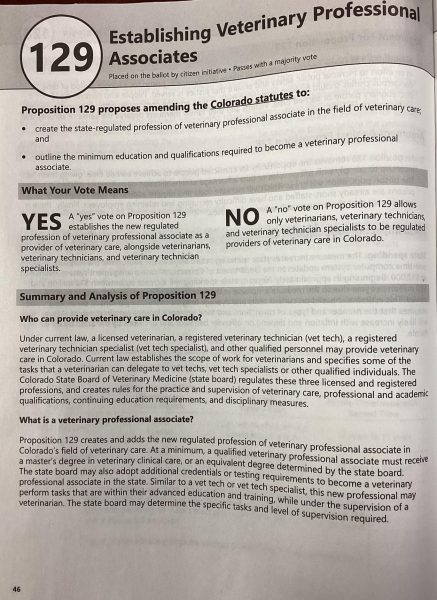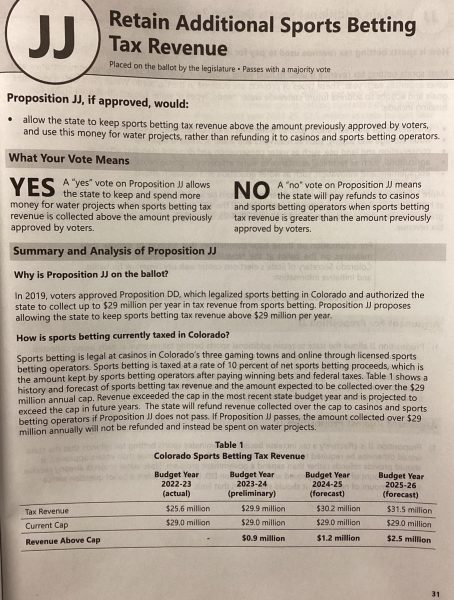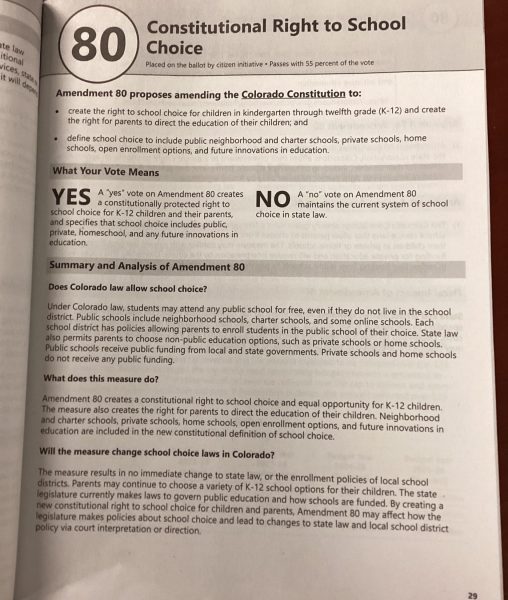The NRA is Not a Branch of Government – Congress Is
Opinion
Originally published on Oct. 13th, 2017.
Corporate special interest lobbies appear to have a death-grip on U.S. policy with the ability to influence outcomes of campaigns and sway congressional votes. To understand the power corporations have over social policy and taxes today, it is necessary to look back to Jan. 21, 2010.
The United States Supreme Court ruled on a case, Citizens United V Federal Communications Commission. The ruling was as follows:
Political spending is a form of protected speech under the First Amendment, and the government may not keep corporations or unions from spending money to support or denounce individual candidates in elections. While corporations or unions may not give money directly to campaigns, they may seek to persuade the voting public through other means, including ads, especially where these ads were not broadcast.
All floodgates opened at once. The ruling meant unlimited amounts of “corporate” campaign contributions were suddenly legal, and disclosure of named contributors very limited under what remained of campaign finance laws.
The law and the monetary limits for personal campaign donations were not changed, which has resulted in a giant-sized foot on the scale of fairness since that ruling came down. By 2015, campaign spending had doubled. The super-PACS ran amok, and unprecedented amounts of money poured into national, state and even local campaigns.
The big-money interests wasted no time running water in the bathtub to drown the voice of the people’s interests. The turmoil and trepidation remain with people, now subject to endless campaign cycles, never gaining resolve on issues; a roundabout theft of people’s livelihood.
Congress is the legislative branch of government. Congress has the power and can fix the law — if and when enough elected leaders want to.

Take gun policy for an example of a powerful lobby’s influence.
The National Rifle Association (NRA) is one such powerful lobby. The organization is wealthy and influential; so much so, in fact, it acts as though it were a branch of government.

The NRA started as a small community organization for recreational shooting. In 1975, the NRA “went political” and began running political ads against proposed gun restrictions. That was the beginning of the end leading to today.
Today, the NRA has become one of the largest and most powerful special interest lobbies in the United States. The organization utilizes millions of dollars of profit, donating it to elected officials who agree to vote the way the lobby desires on gun legislation.
According to LA Times, the National Rifle Association (NRA) spent $54.4 million in 2016 election campaigns. Arizona Senator John McCain received $7.7 million, Kentucky Senator and Majority Leader Mitch McConnell received $1.3 million, and President Trump $30 million.
The NRA agenda is against any rule that regulates gun ownership or use, period, exclamation point, end of discussion. In fact, the NRA actively fights against government funds to even research the gun violence epidemic in America.
A case in point: bump stocks — which effectively turns semi-automatic weapons into automatic weapons. The purchase of bump stocks rose drastically after the Las Vegas tragedy, assumedly increasing NRA profits. Will the NRA support a proposed ban on the sale and purchase of bump stocks? As it stands, it seems so; but to what end?
While fighting against regulations, the NRA advocates for more weapons in the streets with “open carry” laws, and in homes and communities with “make-my-day” laws. Upwards of 26 states have one of these types of laws on the books.
Related: Colorado gun laws afford rights to those shooting in self-defense, Denver Post, July 29, 2013.
Related: How Think Tanks Amplify Corporate America’s Influence, New York Times, August 7, 2016.
Since the NRA has gobs of money, it has a loud and powerful voice. It effectively uses that power to shut down reasonable debate or action on gun regulation of any kind.
In a nutshell, that is what all the special interests do; they drown the voice of the people with the noise of money.
A costly but effective noise. 
The gun lobby is clearly not the only powerful lobby with grips on our nation’s money and policy. There are environmental lobbies, agricultural lobbies, pharmaceutical lobbies, and big oil lobbies.
These are wealthy, powerful and loud voices influencing congress members on policy.
Congress is supposed to be the people’s lobby.

So, how do we make our elected leaders listen to the people?
How do we make people’s voices louder than the special interests?
The answer is hidden in our name.
Article updated Oct. 15, 2017, to differentiate the NRA and gun manufacturers, and a correction on the type of weapons open-carry laws allow.
Article updated Oct. 16, 2017, establishing that the NRA has come out in support of some form of federal regulation on so-called ‘bump-stocks’.

Vicki is a Denver native and has always lived in Colorado. She has returned to Arapahoe Community College (ACC) again to obtain a degree in Journalism. In 2007, she received her A.A.S. in Paralegal Studies at ACC.
Vicki enjoyed...






